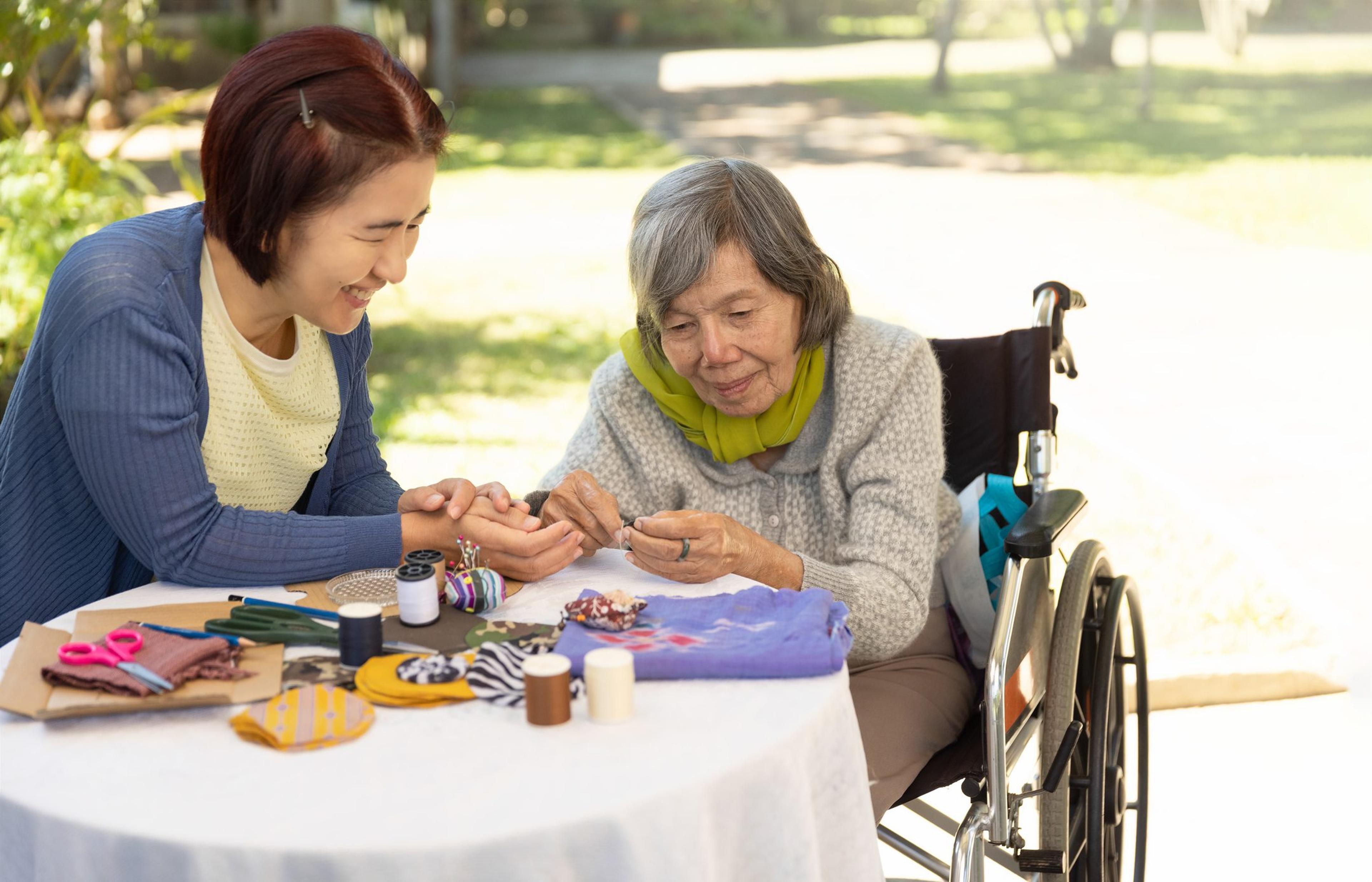What You Need to Know About Alzheimer’s and Other Forms of Dementia

| 3 min read
Dr. Hobbs, MD, is a former senior medical director in Utilization Management at Blue Cross Blue Shield of Michigan and works with a team of physicians to evaluate medical cases. He graduated from the University of Michigan Medical School and is a former faculty member at both the Medical School and the College of Literature, Science and the Arts. His specialties are internal medicine, geriatric medicine and palliative medicine. Dr. Hobbs spent the majority of his career in patient care, teaching and academic medicine as well as research. He has three adult children and a granddaughter. His non-medical interests include competitive chess, classical music, playing the piano, learning Spanish, cooking, drawing and painting, traveling, writing, restoring an old home from 1914 and the martial arts. He has a fourth-degree black belt in Hakko Denshin Ryu Jiu Jitsu and is studying Kung Fu (Wing Chun) as well.

Dementia
Alzheimer's disease
- Difficulty doing things that should be familiar
- Difficulty with vocabulary or keeping up with a conversation
- Frequently misplacing things
- Mood changes
- Problems with vision, spatial awareness and judging distance
- Trouble with problem-solving or planning things in advance
- Withdrawing from social life
Showing support
- Evaluate the need for in-home nursing help or a specialized assisted living facility.
- Families should have early and evolving discussions about where and how dementia patients receive support.
- For those that aren’t direct caregivers, support can be in the form of bringing a meal, offering to run errands or connecting with a phone call.
- Offer to spend time with the person so others can have a break.
- Pandemic Isolation Worsened Alzheimer’s and Dementia for Many
- Top 5 Myths About Alzheimer’s Disease
- Vision Changes After Age 40





